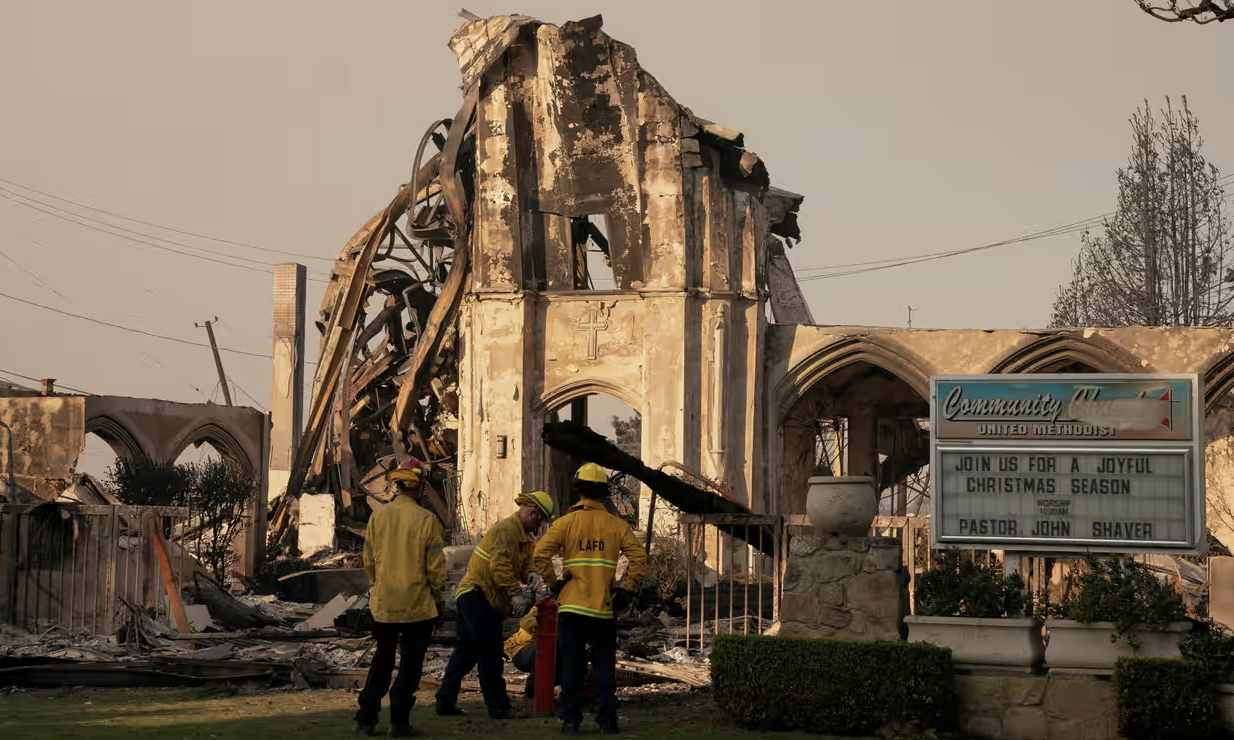The SDG Pulse: April 2025
HBCUs Lead the Way in Gulf South Environmental Justice
At the 10th HBCU Climate Change Conference, students from Historically Black Colleges and Universities gathered in New Orleans to present research and community-driven solutions to the region’s most pressing environmental issues—from pollution to climate resilience. These institutions are playing a vital role in growing a new generation of Black environmental leaders rooted in lived experience and local knowledge. The story aligns with PDPX’s strategic shift toward supporting historically disadvantaged communities in the U.S., recognizing the power of localized, justice-centered solutions.
Scoring a Just Transition: New Tools for Climate-Conscious Capital
A new set of guidelines and an assessment scorecard, developed by a coalition of banks, NGOs, and philanthropies, is the world’s first tool to help financial institutions integrate social equity into the transition to a low-carbon economy. The approach aligns closely with PDPX's work, which leverages the Place-Based Transitions Fund playbook, developed during the Carbon Residency, to guide organizations in embedding equity considerations within climate finance.
AI’s Double-Edged Impact on the Grid
Last month, we explored the complex relationship between AI and sustainability—and the conversation continues. A new report from the International Energy Agency highlights AI’s growing electricity demands, particularly from power-intensive data centers. This is especially pertinent in the U.S. Midwest, where states like Illinois and Michigan are experiencing a surge in data center development, driven by the AI boom. While these centers can offer short-term construction jobs and boost property tax revenues, they create few permanent positions and place heavy demands on electricity and water systems. As communities across the U.S. brace for infrastructure strain, AI's role in reshaping the energy sector offers both promise and pressure. The time to address this tension is now.
Mapping a Greener Future: Why Data is Key to Brazil’s Climate Leadership
As Brazil prepares to host COP30, its leadership in restoration and reforestation is gaining global attention. But as the World Economic Forum highlights, the real catalyst for progress lies in transparent, interoperable data. From tracking land use to coordinating cross-sector efforts, shared information systems are critical to tackling complex planetary challenges holistically. Tools like the Omni Mapping Project and the UN One Map show how integrated geospatial data can guide collective action—making Brazil a crucial case study in data-driven environmental stewardship.
Local Goals, Global Impact: What Japan Teaches Us About the SDGs
Japan is taking bold action in localizing the UN Sustainable Development Goals (SDGs), showing how cross-sector collaboration between government, business, and civil society can drive meaningful change. From rural revitalization to youth engagement, communities across Japan are customizing SDG strategies to meet local needs while advancing global priorities. It’s a powerful reminder that lasting impact starts at the local level—exactly the approach behind PDPX, our new accelerator focused on community-led systems change.
Circular Innovation Clusters: Empowering Upstream Solutions in the Global South
Climate KIC’s Circular Economy Innovation Clusters in Nairobi and Bengaluru are pioneering a systems-based approach to waste prevention by focusing on upstream, preventative solutions. These clusters bring together entrepreneurs, policymakers, and local communities to co-design interventions that reduce waste, support livelihoods, and build climate resilience. With over 900 informal workers engaged and 17 start-ups supported, this initiative demonstrates significant potential for CO₂ reduction and place-based climate innovation.
Faith in Action: Christians Urged to Litigate for Climate Justice
As the climate crisis intensifies, the World Council of Churches is urging Christian communities to turn faith into action—through the courts. A new climate justice handbook outlines how churches can leverage legal systems to hold polluters and financiers accountable, positioning litigation as a powerful tool of environmental stewardship and moral responsibility. The Peace Department has long acknowledged the power of faith in translating environmental stewardship and justice in ways that are deeply meaningful and inspiring for communities most impacted by environmental degradation and structural inequality—making initiatives like this a vital example of faith-driven climate leadership..








